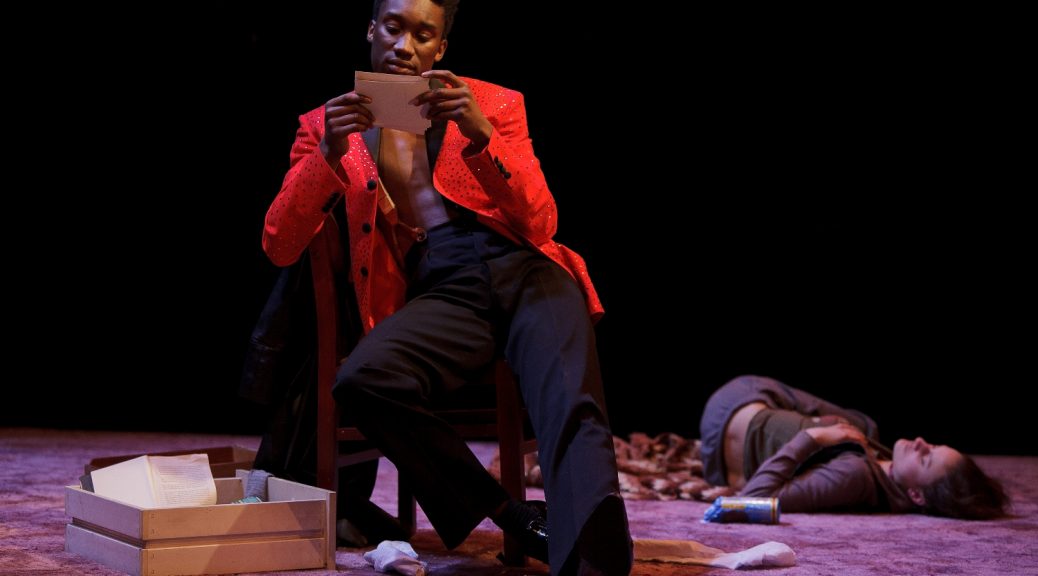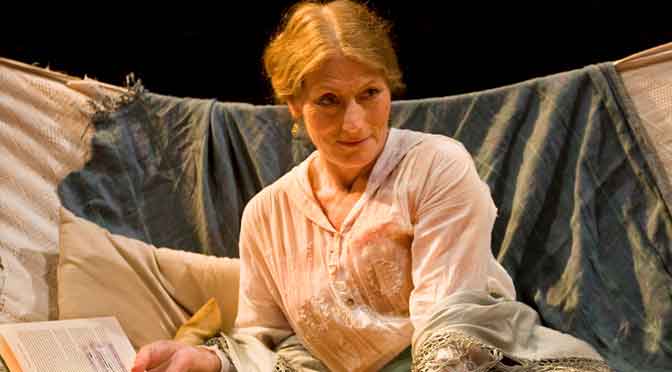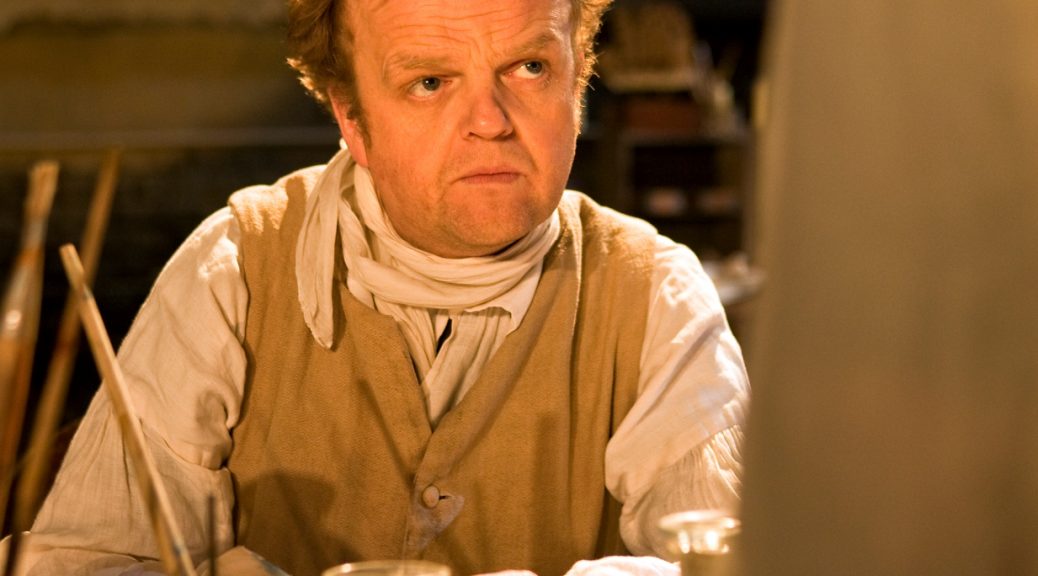The musicals staged in London’s fringe theatres are often excellent, but every now and again a real stunner comes along and, for now, the title of best musical on the fringe has to go to Sweet Smell of Success at the Arcola Theatre. Nominated for seven Tony Awards on Broadway, and receiving its UK premiere in Dalston, its director Mehmet Ergen has a real hit on his hands.
Based on an Ernest Lehman novella, which became a film in 1957, Sweet Smell of Success has society journalist JJ Hunsecker making and breaking careers at a time when “it’s not love that makes the world go around – it’s the word.” The year is 1952 and gossip, encompassing politics as well as celebrity, is hugely influential in an America where mass media and McCarthyism are at their height. JJ’s obsession with his younger sister Susan leads him to try and break up her relationship with a singer. Caught in the middle is the hero of the piece, Sidney Falcone, desperate for success as a press agent and dependent on JJ’s newspaper column for exposure.
This is smart musical for grown-ups. The cynical story has dark overtones of crime and corruption, with a bleak view of consumers only interested in the “dirt”. The jazz-inspired score by Marvin Hamlisch is fascinating, the lyrics by Craig Carnelia intelligent, and the book by John Guare fantastic. You don’t often get plots this strong in a musical and it should reach out to those the genre doesn’t normally appeal to. Ergen’s production takes advantage of all this: the sound is impressively big, with clear delivery, clever staging and adventurous choreography by Nathan M Wright.
If Sweet Smell of Success has a flaw it’s that it’s a little too cold to love unconditionally. Adrian der Gregorian does a good job of making Sidney appealing despite his Faustian pact and he has a terrific voice. But JJ is a little too repellent in David Bamber’s portrayal – he needs more charisma – and although some tricksy lines are dealt with expertly, Bamber isn’t a singer and you can’t help wondering what the role would be like if his voice were stronger.
Thankfully, the show has heart in the shape of the lovers JJ tries to part. As the success around them turns bitter, it is their relationship that becomes the focus of the show. Caroline Keiff is wonderful as Susan, struggling movingly for independence, and she has great chemistry with Stuart Matthew Price’s Dallas. It is the latter who will really win you over with a scrupulous performance and some stupendous singing that should not be missed.
Until 22 December 2012
www.arcolatheatre.com
Photo by Simon Annand
Written 15 November 2012 for The London Magazine




